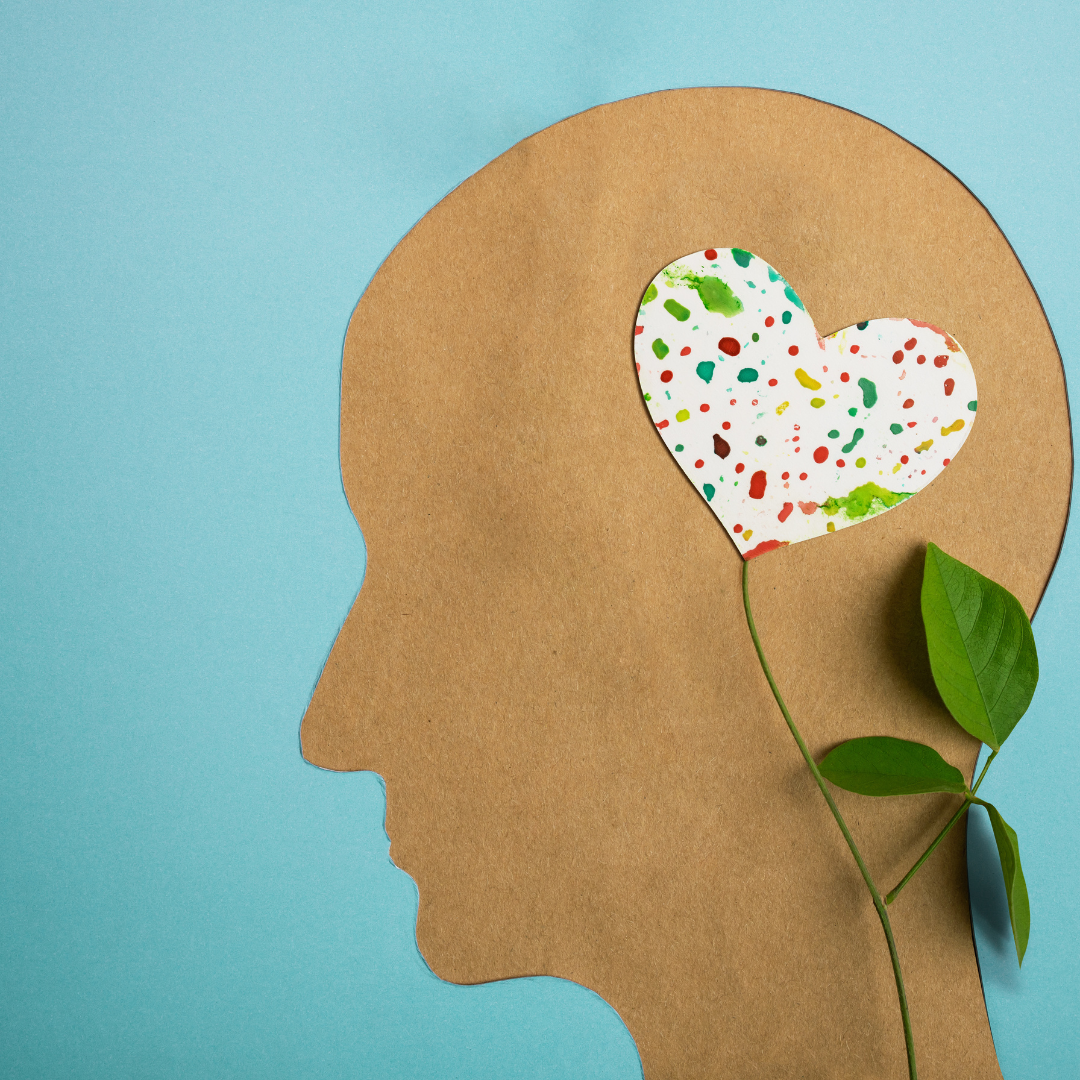
The Mind-Gut Connection: Unveiling the Profound Link Between Gut Health and Mental Well-Being
When we think of mental health, our thoughts often turn to the brain and its intricate workings. However, a growing body of research is revealing an unexpected player in the realm of mental well-being: the gut. Often referred to as the "second brain," the gut houses a complex ecosystem of microorganisms that play a profound role in our physical health. Surprisingly, these tiny inhabitants also exert a remarkable influence on our mental health. In this blog post, we'll explore the fascinating link between the gut and mental health, shedding light on how nurturing your gut through essential factors like probiotics and fiber (like those found in Vitaminis Gut Health!) can have a positive impact on your mood and emotional well-being.
The Gut-Brain Axis
The gut and brain are interconnected through what's known as the gut-brain axis. This bi-directional communication system involves complex signaling between the central nervous system (CNS) and the enteric nervous system (ENS), which is often referred to as the "second brain" of the gut. This axis enables constant communication between the gut and the brain, influencing various physiological processes, including digestion, metabolism, and even mood regulation.
- Neurotransmitter Production: The gut plays a significant role in producing neurotransmitters, the chemical messengers that transmit signals in the brain. In fact, around 90% of serotonin, a neurotransmitter associated with mood regulation and feelings of well-being, is produced in the gut. A healthy gut ensures a proper balance of neurotransmitters, which can impact mood, anxiety, and stress levels.
- Microbiota's Influence on Mood: The gut is home to trillions of microorganisms collectively known as the gut microbiota. These microorganisms don't just aid in digestion; they also have a profound impact on mental health. Studies have shown that an imbalance in gut microbiota, known as dysbiosis, is associated with conditions such as anxiety and depression. Beneficial bacteria in the gut produce compounds that can positively affect the brain, influencing emotions and behavior.
- Inflammation and Mood Disorders: Chronic inflammation is linked to various mental health disorders, including depression and anxiety. The gut plays a pivotal role in regulating inflammation throughout the body. An imbalance in gut bacteria can lead to "leaky gut," where the intestinal barrier becomes permeable, allowing harmful substances to enter the bloodstream and trigger an inflammatory response. This inflammation can extend to the brain and contribute to mood disorders.
- Stress Response: The gut-brain axis also affects the body's stress response. Stress and emotions can influence gut function, causing symptoms like irritable bowel syndrome (IBS). Conversely, gut health can impact the body's response to stress, as imbalances in the gut microbiota can affect the release of stress hormones.
Nurturing the Mind-Gut Connection
Understanding the link between gut health and mental well-being opens the door to strategies for enhancing both:
- Balanced Diet: Consuming a diet rich in fiber, fruits, vegetables, and fermented foods supports a healthy gut microbiota. These foods provide the nutrients that beneficial gut bacteria need to thrive. Vitaminis Gut Health has as much fiber as 1 cup of broccoli, and Vitaminis Immune Support has essential vitamins found in avocados, spinach, legums and citrus fruits.
- Probiotics and Prebiotics: Incorporating probiotics (live beneficial bacteria) through foods like yogurt or Vitaminis Gut Health can support a diverse gut microbiota. Prebiotics (fiber-rich foods) feed these beneficial bacteria. Vitaminis Gut Health has as much probiotics as 2 cups of yogurt in every shot.
- Stress Management: Engaging in stress-reduction techniques like meditation, deep breathing, and yoga can positively impact both gut health and mental well-being
- Regular Physical Activity: Exercise has been shown to support a healthy gut microbiota and can have positive effects on mood and stress reduction.
- Adequate Sleep: Prioritizing quality sleep is crucial, as sleep disturbances can disrupt the gut-brain axis and impact mental health
The intricate link between the gut and mental health highlights the holistic nature of well-being. Nurturing your gut through mindful dietary choices (such as choosing Vitaminis!), stress management, and a healthy lifestyle not only benefits your physical health but also has a positive impact on your emotional and mental well-being. As the research into the mind-gut connection continues to unfold, it becomes increasingly clear that fostering a harmonious relationship between these two systems is a fundamental step towards achieving a balanced and thriving life.
